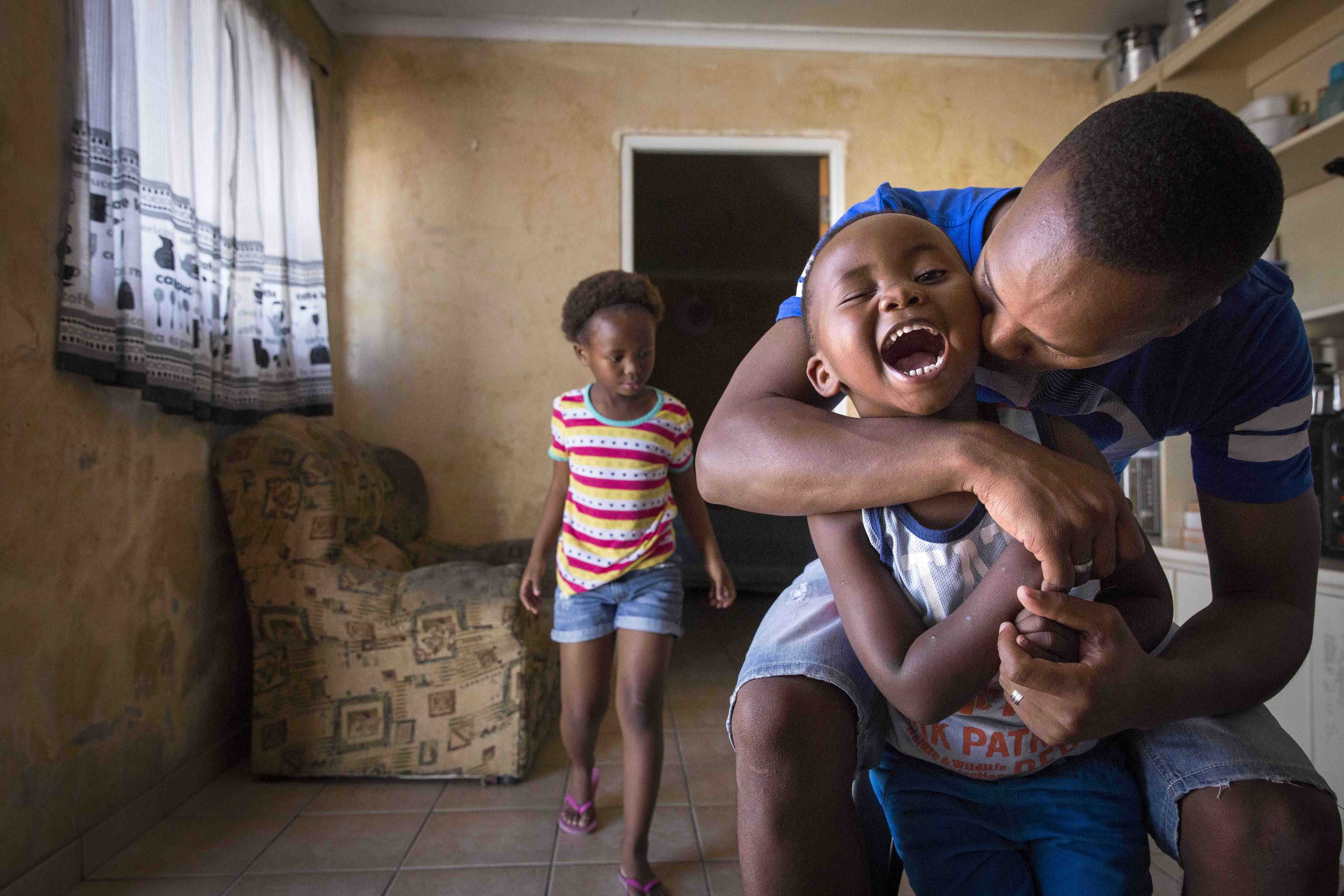Absent fathers, violent fathers, caring fathers and fathers who make great sacrifices to support their children all constitute the overall picture of fatherhood in South Africa. In the 2018 report on fathers in South Africa [1], it is demonstrated how the historical trajectories of families contributed to these different fatherhood patterns. Notions of family structures and the role of men as fathers are steeped in inherited practices from African kin structures and families from European and Indian descent. In general, the history of fatherhood shows that men have historically played an important role in parenting but often as a lesser partner to wives, mothers, aunts and even domestic workers. The combined effects of colonisation, industrialisation, urbanisation and apartheid (forced segregation based on ethnicity) further shaped family structures and dynamics. For example, in the twentieth century an oscillating migrant labour system became entrenched in the lives of many families. Many men had no option but to work in urban areas far away from their families who were prevented from joining them.[2]


FOTOGRAFÍA: NGO, "SONKE GENDER JUSTICE"
Today, in post-apartheid South Africa, economic providers (including biological fathers) are faced with realities that include a shortage of affordable housing in urban areas and job insecurity. Such realities contribute to the continuation of divided family structures. Yet, fathers may be physically absent from their families for most of the time but they may be caring towards their children in other ways, such as providing maintenance and actively engaging with their children when possible. Conversely, fathers may be physically present in family households but emotionally absent or even violent towards family members. Although father presence is preferred, it is not necessarily positive.
Furthermore, a nuclear family structure is not the norm in South Africa and various kin members take on child rearing. Structural inequality and low levels of employment are preventing many men from living up to the ideal of being economic providers. Taking responsibility for the financial well-being of their children has thus become unattainable for many fathers, especially unskilled or semi-skilled men. Although some fathers simply desert their children, some men withdraw from their families to avoid the shame of not being able to make financial contributions towards the upkeep of their children.
Childcare work, which has historically mainly been undertaken by women, still remains largely understood as women’s work. Yet, women are increasingly in paid employment and more men (although still a minority) are involved in the (largely unpaid) work of childcare. This has impacted on conceptions of masculinity so that fatherhood is slowly becoming a component of hegemonic masculinity (or idealised manhood) and engaged fatherhood is valued. Many men want to be more involved with their children including taking on physical and emotional care. Apart from biological fathers, uncles, grandfathers and stepfathers (also known as social fathers) often play an important role in the lives of many children.
Continuous research on local understandings of the different roles that biological and social fathers do, and could play, are of extreme importance.
[1] Van den Berg, W. & Makusha, T. 2018. State of South African Fathers' Report. Sonke Gender Justice and Human Sciences Research Council.
[2] Richter, L., & Morrell, R. (Eds.). (2006). Baba: Men and fatherhood in South Africa. Cape Town: HSRC Press.
Rabe, M. 2016. ‘Revisiting the gendered discourse on parenting in South Africa’ in Children in South African Families: Lives and Times’, edited by Makiwane, M. & Nduna, M. & Khalema, N.E., Cambridge Scholars Publishing, 116-138.
Fecha de publicación: 24/08/2018